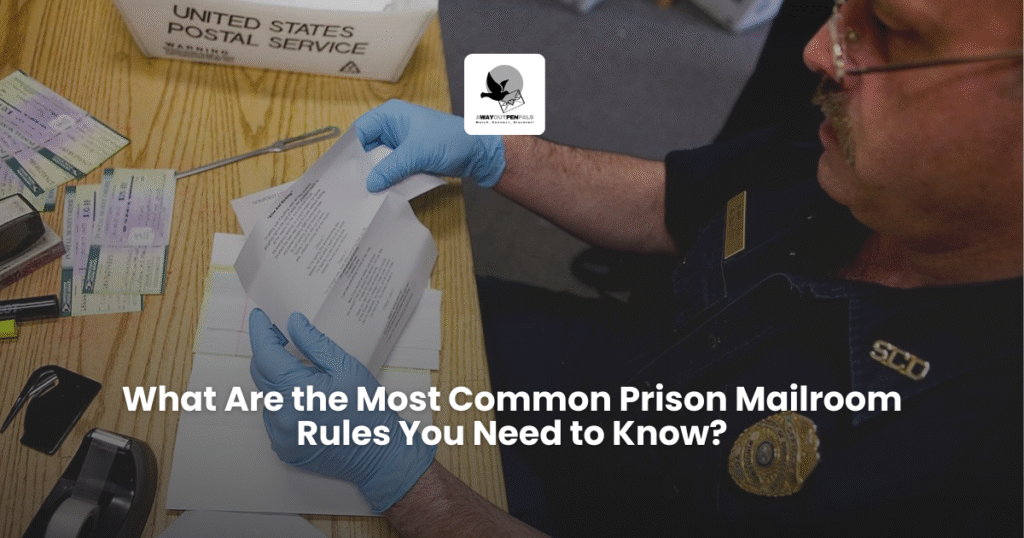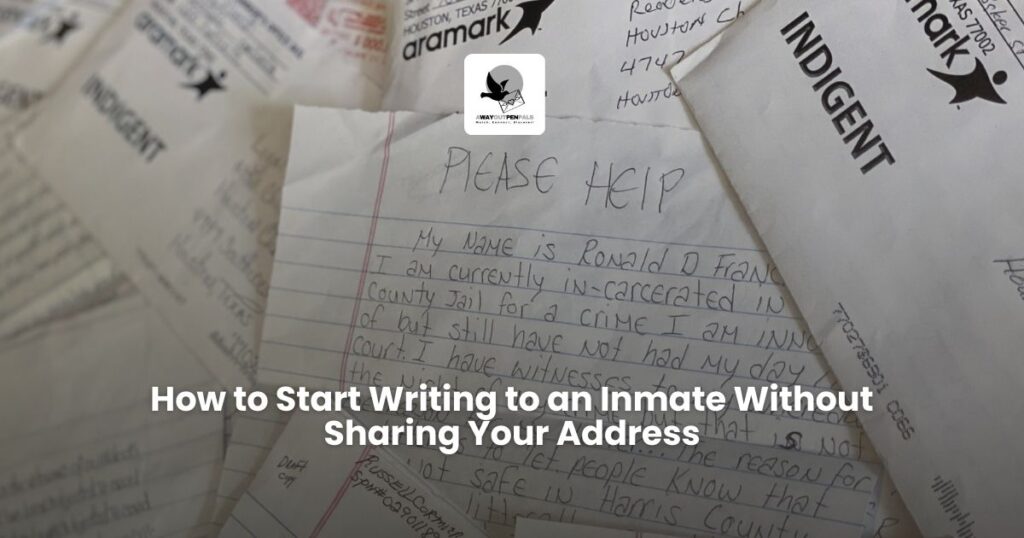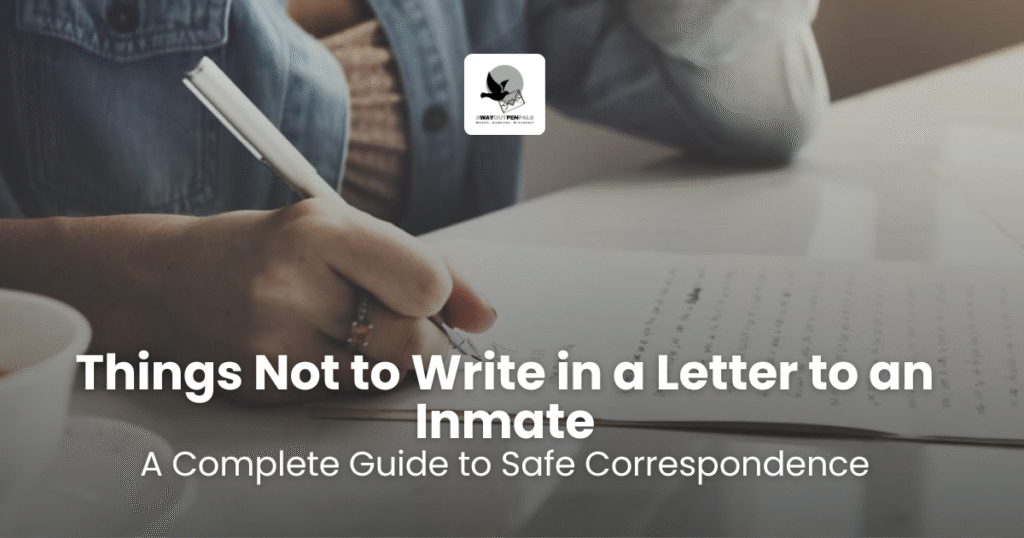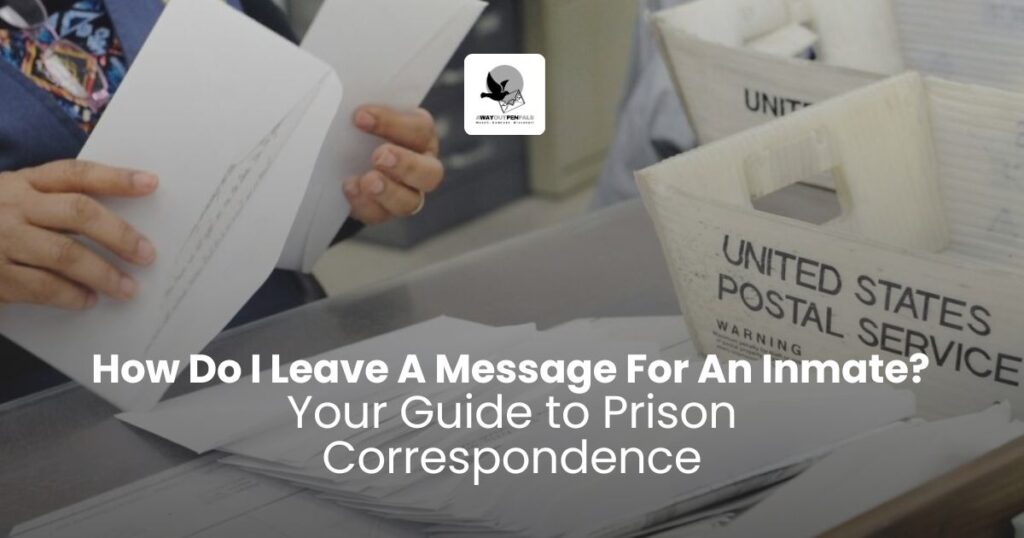How do I tell my child their dad/mom is in prison?
It’s the question no parent wants to ask, but for millions, it’s a painful reality.
According to research, over 2.7 million children in the United States had an incarcerated parent.
When someone you love goes to prison, especially a partner, life changes overnight. But when you’re raising children with a parent in prison? That change runs deeper than most people can imagine.
You’re not just managing your own emotions. You’re holding up little humans who might not even have the words to express their pain. You’re explaining the unexplainable, juggling bills, protecting your child’s emotional wellbeing, and trying to maintain some kind of normal.
If that’s you right now, this blog is for you. Let’s talk about the real challenges and how to face them head on.
Emotional and Psychological Impact on Children
How do you explain to a child why Mommy or Daddy isn’t coming home tonight?
Having parents in jail can be traumatizing for children. They can experience a range of emotions such as confusion, guilt, and abandonment.
They may also have a fear of being bullied by their friends or peers at school.
They might internalize the situation, believing they are at fault, leading to anxiety and depression.
And guess what? Children with incarcerated parents can develop behavioral issues, trust problems, and academic struggles that are the most common of all.
What You Can Do:
- Open Communication:
Use age appropriate language to explain the situation. Avoid euphemisms that might confuse the child.
- Emotional Expression:
Encourage children to express their feelings through talking, drawing, or other creative outlets.
- Professional Support:
Consider therapy or counselling to provide a safe space for children to process their emotions.
Coping Mechanisms for Children
How can a child still feel close to a parent behind bars?
Maintaining a bond with the incarcerated parent can be beneficial for the child’s emotional well being. Regular communication through letters, phone calls or supervised visits can help preserve the parent child relationship.
What You Can Do:
- Scheduled Communication:
Establish regular times for the child to communicate with the incarcerated parent. You can also assist them in writing a letter to their incarcerated parent.
Need help? Read: How to write a letter to an incarcerated person.
- Shared Activities:
Encourage activities like reading the same book or drawing pictures to share, fostering a sense of connection.
- Positive Reinforcement:
Highlight the incarcerated parent’s efforts to stay involved, reinforcing the child’s sense of being loved and valued.
Parenting and Co-Parenting Challenges
Parenting isn’t paused just because one parent is behind bars, but co-parenting sure gets complicated.
Co-parenting with an incarcerated individual presents unique challenges. Disagreements about child rearing decisions and communication barriers can strain relationships.
What You Can Do:
- Establish Boundaries:
Set clear guidelines for communication and decision making responsibilities.
- Consistent Updates:
Keep the incarcerated parent informed about the child’s milestones and significant events.
- Conflict Resolution:
Seek mediation or counseling to address and resolve co-parenting conflicts constructively.
Financial and Support System Realities
The incarceration of a parent often leads to financial strain. However, various programs and benefits can provide support.
What You Can Do:
- Social Security Benefits:
Investigate eligibility for survivor or dependent benefits if the incarcerated parent qualified before imprisonment.
- Community Programs:
Utilize local and national organizations offering assistance with food, education, and counseling services.
- Support Networks:
Connect with support groups for caregivers of children with incarcerated parents to share experiences and resources.
Social and Developmental Considerations
Feeling different, left out or misunderstood?
Children with incarcerated parents may face social stigma, leading to isolation and low self esteem. Engaging in positive activities and promoting supportive environments are vital.
What You Can Do:
- Educational Support:
Work with teachers to make sure the child receives the necessary academic assistance and understanding.
- Extracurricular Activities:
Encourage participation in sports, arts, or clubs to build confidence and social skills.
- Mentorship Programs:
Seek out mentorship opportunities where children can connect with positive role models.
Legal and Custody Considerations
Who will take care of your child when a parent goes to prison?
Custody can get complicated fast, so knowing your legal rights and your child’s best interests can make all the difference.
Let’s break down what you need to watch for and how to protect your family through this tough time.
What You Can Do:
- Legal Consultation:
Consult with a family law attorney to manage custody and guardianship issues.
- Documentation:
Maintain thorough records of all legal documents and communications related to custody.
- Child’s Voice:
Consider the child’s preferences and well being in all custody decisions.
Support for Incarcerated Parents
Just because a parent is behind bars doesn’t mean they’re out of their child’s heart.
Incarcerated parents can still play a meaningful role in their children’s lives through consistent effort and communication.
What You Can Do:
- Regular Correspondence:
Children can write letters to their parents in prison or record messages to maintain a presence in the child’s life.
- Educational Engagement:
Participate in parenting programs offered within the correctional facility to enhance parenting skills.
- Reintegration Planning:
Work with counselors to prepare for reintegration into the family post release.
Conclusion
Raising a child while their parent is in prison is tough emotionally, financially and mentally. But you don’t have to figure it all out on your own. With honest conversations, emotional support, and a bit of structure, your child can still feel loved, connected, and secure.
Bonus Co-Parenting Tip:
Even behind bars, a parent can stay involved. Create a shared routine, maybe weekly letters, recorded messages or phone calls during bedtime. Small, consistent gestures build emotional bridges and give children a sense of stability.
And that’s where A WayOut Pen Pal can step in.
How We Help:
- Promote meaningful communication through handwritten letters, helping parents stay emotionally present in their child’s life.
- Provide a safe, structured way to reconnect, offering incarcerated individuals a lifeline to the outside world through consistent correspondence.
- Inspire hope, routine, and emotional strength for both the person inside and the family outside.
Let’s help your child feel seen, supported, and connected, no matter the circumstances. Join A WayOut Pen Pal today and turn distance into a meaningful connection.
FAQs
1. What are the emotional effects on children with incarcerated parents?
Children with incarcerated parents often struggle with feelings of confusion, abandonment, guilt, and shame. These emotions can lead to academic challenges, behavioral issues, and trouble forming trust based relationships. Providing emotional support and maintaining communication with the incarcerated parent can help reduce long term impacts.
2. Are there any benefits for a child whose parents are in jail?
Yes, there may be financial and support benefits available for a child whose parents are in jail. These include Social Security benefits (if the parent was eligible), educational assistance, counseling services, and community support programs specifically for children with incarcerated parents.
3. How can caregivers support children with an incarcerated father or mother?
Caregivers should prioritize open communication, emotional validation, and stability. It’s important to use age appropriate language to explain the situation and reassure the child that they are loved and not to blame. Connecting with support groups for children with incarcerated parents can also provide helpful resources.
4. What support exists for families with parents in prison?
Families dealing with parents in prison can access various support systems. Local nonprofits, national programs, and school counselors often offer services ranging from therapy and academic help to basic needs assistance. These resources are especially helpful for ensuring benefits for a child with an incarcerated parent.







